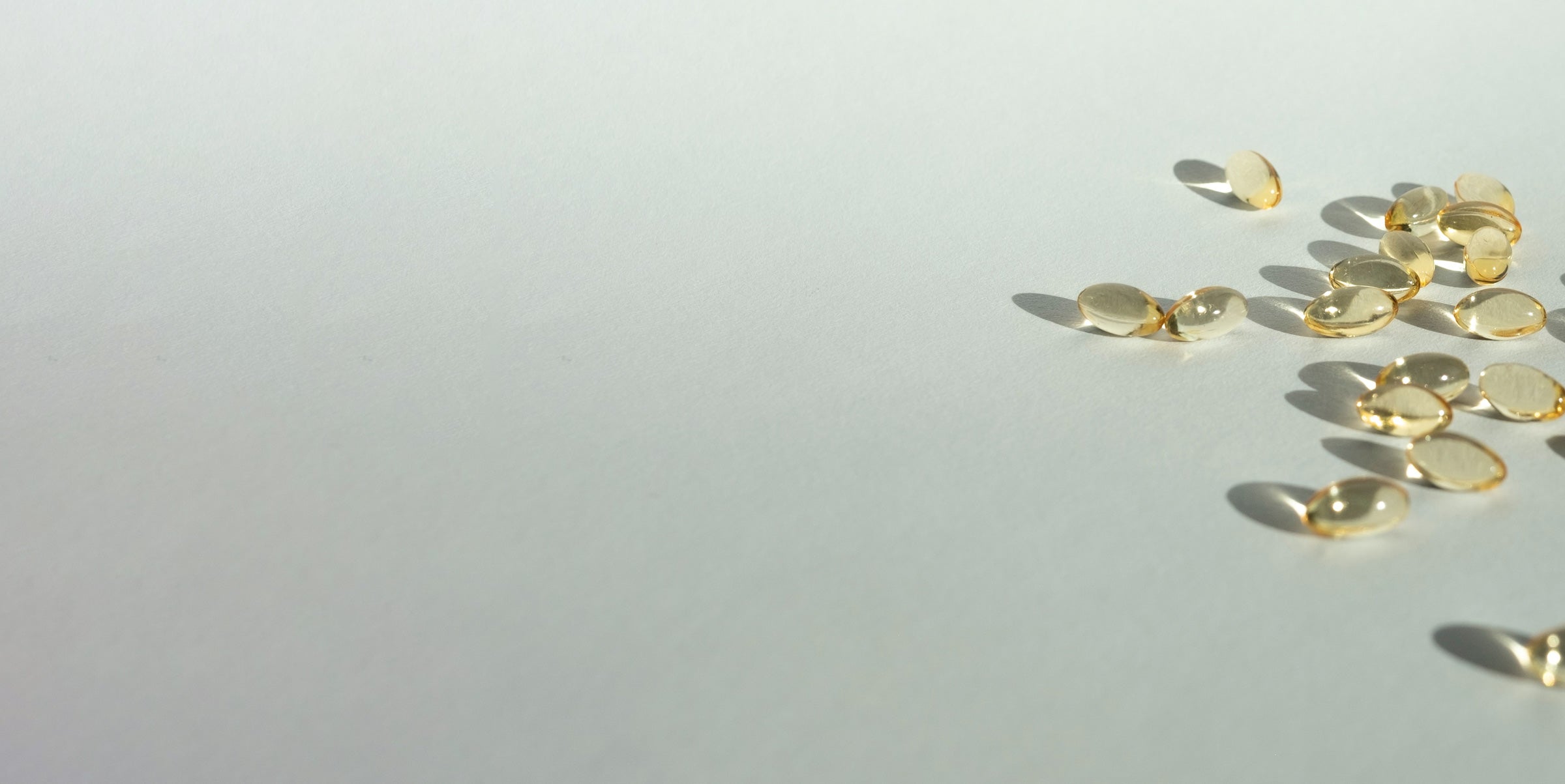DHA (Docosahexaenoic acid) is an omega-3 fatty acid found is fish oil. You might be asking what that means, and you’re not alone. Omega-3 fatty acids are essential for our bodies to function. However, unlike most other fats, our bodies can’t make omega-3 fatty acids on their own. This means we have to get our omega-3 fatty acids through food and supplements.
DHA is found in fish and other seafoods. It's recommended that all women who are pregnant or trying to become pregnant get at least 200mg a day (1). Let’s understand why women need DHA and the best ways to get the recommended daily dose.
Pregnancy and DHA
The American Congress of Obstetricians and Gynecologist suggest that women who are pregnant, trying to get pregnant or breastfeeding get 8-12 ounces of omega-3 fatty acids from DHA a week (2). That’s about two servings servings of fish. But Why?
DHA plays a huge role in preventing birth defects in the baby. By getting your daily dose of DHA, your baby will too! Here’s some of the ways DHA helps your baby (3).
- Brain development
- Vision development
- Prevent preterm birth
- Higher birth weight
Sources of DHA
Pregnant women typically don’t get enough DHA through their diet. That is because DHA comes from fish oil and there is a stigma around eating fish and other seafoods when you’re pregnant. It is true that some fish contain high amounts of mercury that can be dangerous for a baby. However, there are options that are low in mercury and high in DHA. Here are some fish that are safe to eat in moderation during pregnancy are according to the FDA (3):
- Canned Tuna
- Salmon
- Catish
- Shellfish
- Algae
Still, pregnant women should only be eating one or two servings of these types of fish a week. That’s why all prenatals are recommended to have DHA. We source our DHA from algae which means it’s vegetarian.
Interested in signing up for BINTO? Tell us what type of support you are looking for and take our quiz.
Sources:
- Coletta, Jaclyn M, et al. “Omega-3 Fatty Acids and Pregnancy.” Reviews in Obstetrics and Gynecology, MedReviews, LLC, 2010, www.ncbi.nlm.nih.gov/pmc/articles/PMC3046737/.
- “Nutrition During Pregnancy .” ACOG, American Congress of Obstetricians and Gynecologists, Apr. 2015, www.acog.org/Patients/FAQs/Nutrition-During-Pregnancy.
- Holecko, Catherine. “DHA in Pregnancy: Should You Supplement?” EverydayHealth.com, Everyday Health Media LLC, 1 Mar. 2010, www.everydayhealth.com/pregnancy/101/dha-in-pregnancy.aspx.

